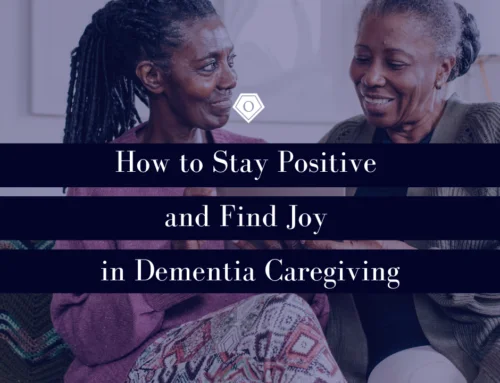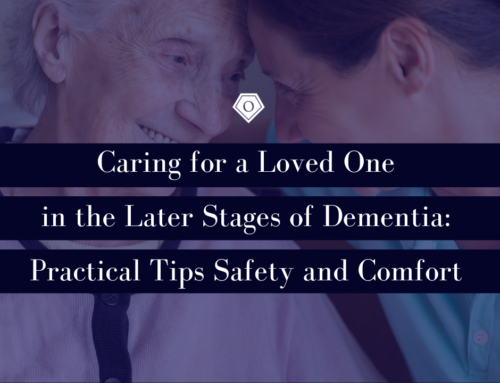Valentine’s Day can be tough for a senior that has lost their sweetheart.
Depression can creep in during holidays for seniors, and mental health is just as important as physical health. So it’s critical for caregivers and family members to keep an eye out for depression, anxiety, changes in mental state, and even loneliness in elderly loved ones.
Family members and caregivers can make Valentine’s Day a day to remember past loved ones and celebrate the current love in their lives! Celebrate every holiday, win, and year of life with our treasured elderly.
Five ways you can celebrate Valentine’s Day with seniors:
- Encourage grandchildren or great-grandchildren to make Valentines for elderly loved ones.
- Make a favorite meal together or decorate baked goods.
- Help your loved one write a thoughtful card to long-distance loved ones.
- Have a movie night and watch old favorites. Pop the popcorn, pour a soda, and enjoy a treat.
- Get out of the house and go to dinner or visit a park. Make new memories together.
Love, connection, and relationship are vital for anyone to thrive. Valentine’s Day is an opportunity to celebrate all kinds of love, from grandbabies to long-distance friends.
No celebration is too small. Scheduled family gatherings give seniors something to look forward to and help fight depression. Stay consistent and find small ways to bring love and light to your loved one’s life. Regular gatherings are also a great way to assess whether your loved one needs help around the house or managing daily life.
Create meaningful connections and continue to check in on your loved one’s wellbeing.
Signs that your loved one may need home health care:
- Spoiled food that doesn’t get thrown away
- Missing important appointments
- Difficulty getting up from a seated position
- Unexplained bruising
- Unpleasant body odor
- A strong smell of urine in the house
- Medication mismanagement
- A decline in personal hygiene
- Poor diet or weight loss
- A decline in tidiness of the home
The relationship you build through regular visits will help transition to home health care or other assistance programs when the time arises.
Choosing long-term care is a burden that often falls to adult children and family caregivers. Our team is here to support you throughout the journey. Download our booklet to explore options that are right for your aging loved one and family. Download the booklet here.






